Urban Development
Number of results stories covering this topic: 20
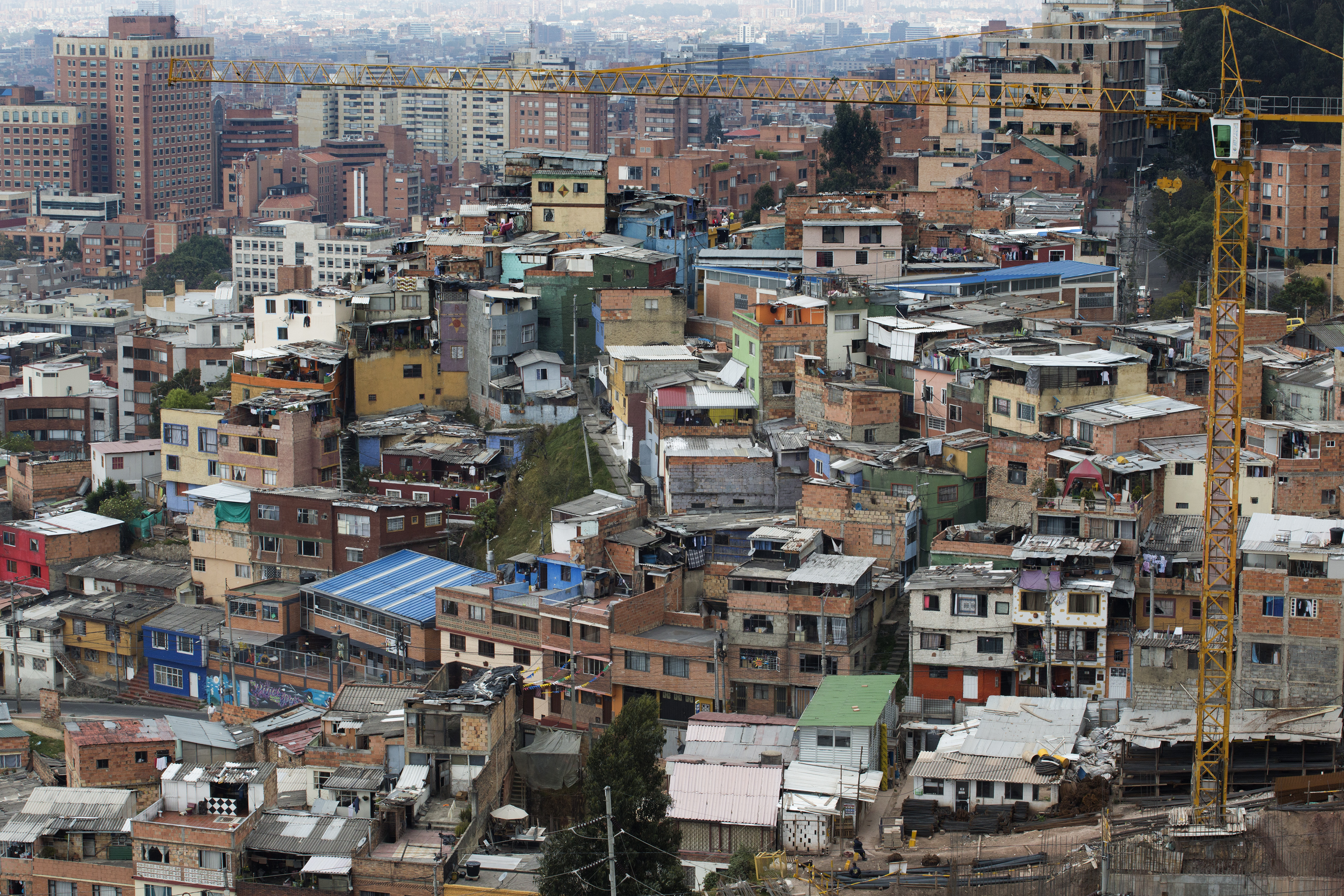
Latin America and the Caribbean Housing and Habitat South-South Knowledge Exchange
There are serious constraints to guaranteeing adequate housing in the Latin America and Caribbean (LAC) region. The housing shortage problem is a result of (i) historically insufficient stock of available houses for the population - i.e. quantitative housing deficit; (ii) new demand (e.g. household formation); and (iii) inadequate condition of…
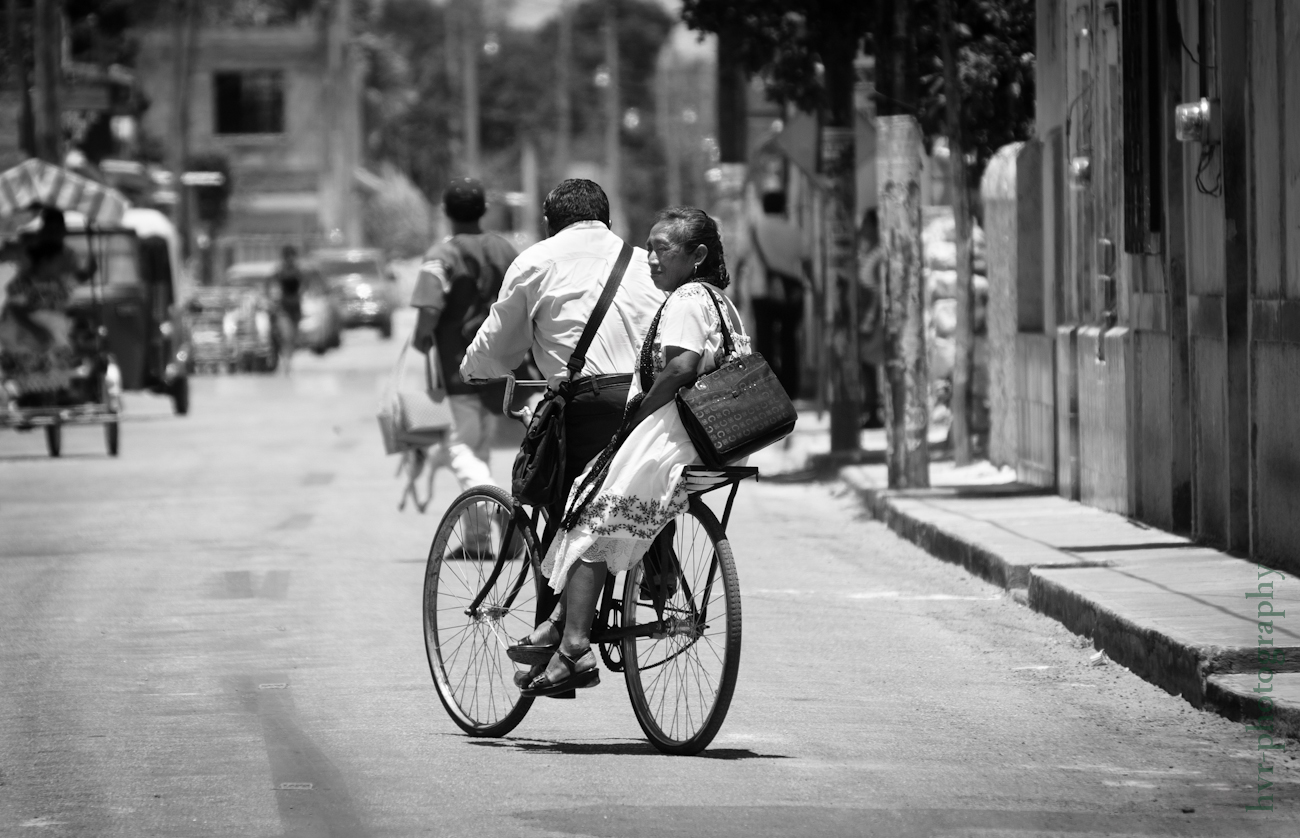
LAP / Latino América Pedalea (Latin America Cycles) A community of practice to support pro-cycling awareness, delivery capacity, and governance through intersectoral cooperation
As Latin American cities continue to evolve in their efforts to encourage more people to cycle through improved planning and design, authorities face challenges like weak stakeholder engagement that hinder their ability to implement cycling infrastructure. Promoting knowledge exchange and intersectoral cooperation among these cities is thus key to…
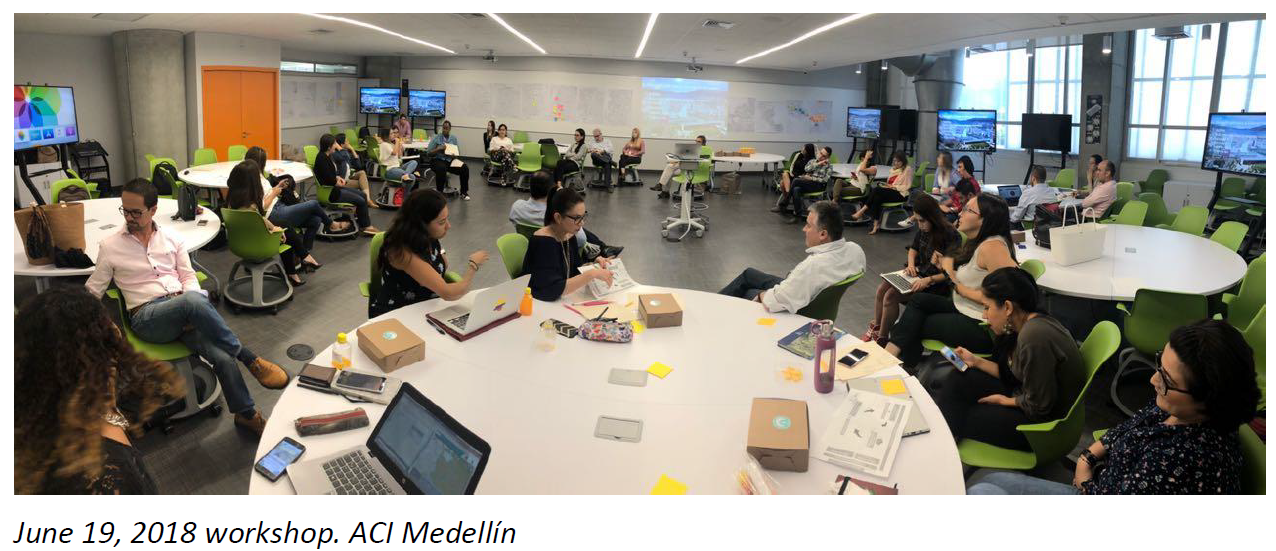
Peer Learning on Integrated Urban Transformation
Rapid urbanization has the potential to improve the well-being of societies. If managed prudently, it can transform the development course of economies. But the path of urbanization is also fraught with numerous human development challenges intensified by poverty, economic disparities, lack of housing and basic services, inefficient transport…
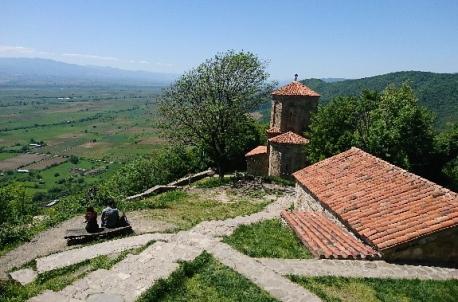
Urban and tourism development in Albania and Georgia
The main objective of this grant was a knowledge exchange between the Albanian Development Fund (ADF), the Project Implementation Unit of the Project for Integrated Urban and Tourism Development (PIUTD) in Albania as well as the Project Coordination Unit (PCU) of the PIUTD, which is part of the Ministry of Infrastructure and Energy, and the…
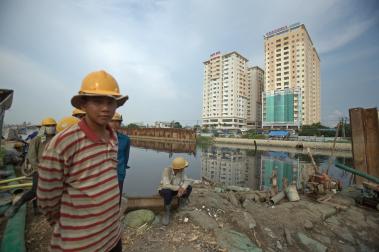
Establishing a Municipal Development Fund for Enhanced Financing of Infrastructure: Vietnam-Colombia Exchange
To strengthen municipal infrastructure financing as part of a larger urban development plan, Vietnam participated in an exchange with Colombia. The Vietnamese learned about the institutional, legal, regulatory, and operational frameworks of municipal development funds (MDFs). Thus, they gained skills to develop policy recommendations for a legal…
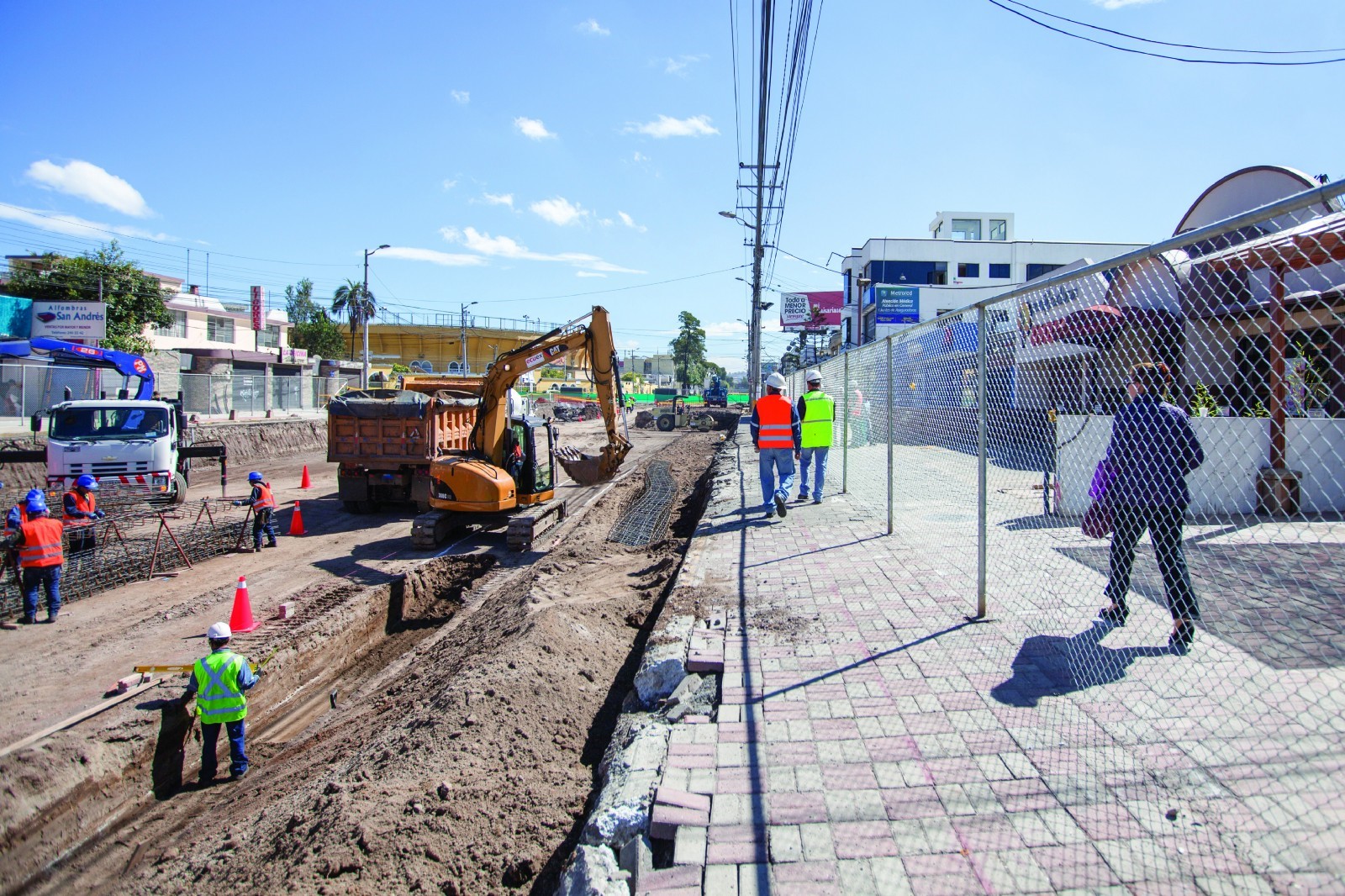
Integration of transport and urban planning exchange
The growing and suburbanizing Municipality of the Metropolitan District of Quito (MDMQ), Ecuador needs to improve its transportation systems to keep pace with demand and give poor and vulnerable groups better access to social and economic opportunities. To meet these transportation challenges, MDMQ must implement an Integrated Public Transport…
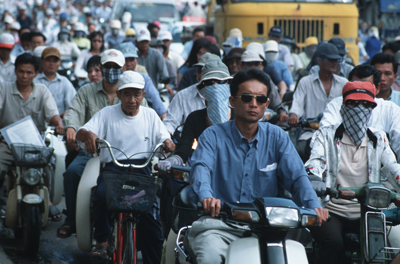
Improving Urban Transportation in Ho Chi Minh City, Vietnam
Like other cities in rapidly industrializing Vietnam, fast-growing Ho Chi Minh City must invest in urban transportation, including new and better roads, a metro network, and a modern bus rapid transit (BRT) system. Lacking the full knowledge and skills needed to plan, build, and maintain such a transport network, Vietnam sought the help of the…
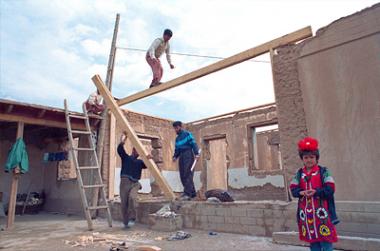
Strengthening Municipal Financing Mechanisms in Tajikistan
Following its independence in 1991, Tajikistan went through a devastating, six-year-long civil war, which left the country financially strained. Challenged by limited fiscal resources to adequately provide for major public service infrastructure resulted in lack of proper maintenance and rehabilitation nationwide. Consequently, the country's…
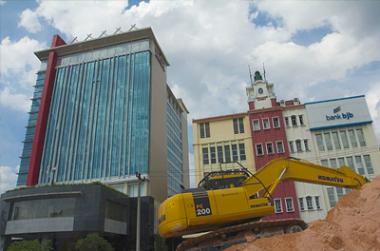
Meeting Indonesia’s Urban Development Challenge: South-South Exchange on National Urban Programs
The Government of Indonesia was seeking options for local government infrastructural development in its growing urban areas as means to support its urban development agenda and implementation of decentralization. The Government participated in an exchange with Colombia, which was recognized for its experiences with fiscal decentralization,…
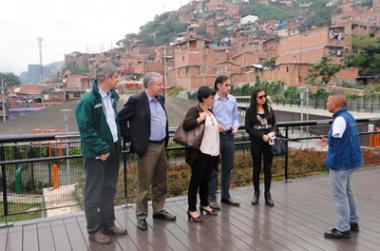
Building Efficient Municipal Enterprises for Better Delivery of Basic Public Services in Quito, Ecuador
The commitment of the Metropolitan Municipality of Quito (MMQ) to provide access to adequate sustainable public services has been undermined by its inefficient and financially dependent enterprises. Through an exchange, the Municipality of Medellin and Empresas Públicas de Medellin (EPM) shared best practices and lessons learned from their…
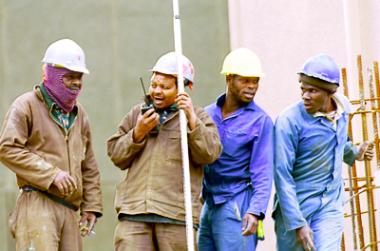
Capacity Building for Creditworthiness of the City of Ulaanbaatar, Mongolia
The city of Ulaanbaatar (UB) had reached a secure budgetary position to fulfill its goal for obtaining creditworthiness and issuing municipal bonds to mobilize financial resources. But it lacked the knowledge and experience to move forward. Finding the cities with the necessary experience to share, UB engaged Johannesburg and Tshwane (Pretoria) in…
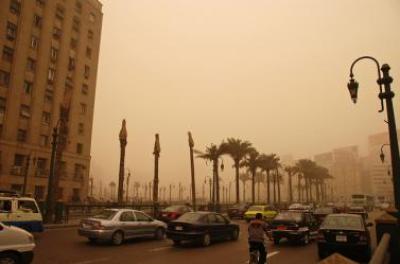
Modernizing Cairo’s Transport Authority
Regardless of their political side, all stakeholders agree that alleviating Cairo’s traffic congestion is a top priority. Public transport services are far short of what they should be in a city the size of Cairo with 17 million people and growing rapidly. The Cairo Transport Authority (CTA), the main bus operator, has suffered from the…
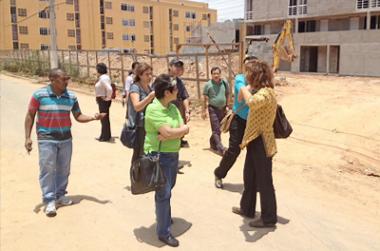
Shelter for the Urban Poor in the Philippines: Building Capacity to Develop and Implement Inclusive and Effective Large-Scale Solutions
To develop a national framework for providing housing and shelter options for the marginalized urban poor, officials from the Philippines engaged in an exchange with Brazil. They learned how to develop subsidy and incentive programs to engage a wide cross-section of public and private stakeholders, developing their own National Informal…
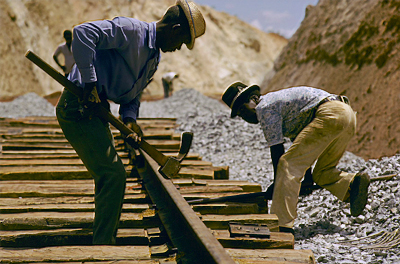
Improving Russia’s Capacity for Innovative Urban Transport Solutions
The Government of the Russian Federation aimed to improve its urban transport systems and thereby enhance the environmental, social, and financial sustainability of its cities. As another large, middle-income country hosting major world events, Brazil has had three decades of progress in the sector. Learning from Brazil’s experience, Russia…
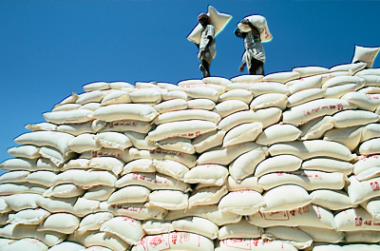
Learning Innovative Participatory Approaches in Addressing Informal Settlement Issues
The Government of Bangladesh recognized a need to ensure secure and affordable housing options for its urban poor at a time of rapid urban expansion. Toward this objective, the Government moved to develop a national framework for providing housing and shelter options for the urban poor and most vulnerable. A knowledge exchange with India and the…
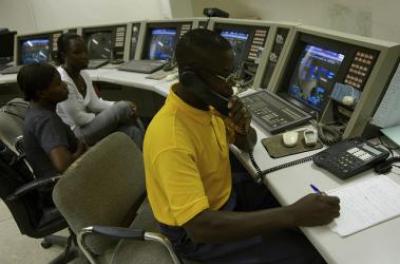
Mozambique: Enhancing Municipal Revenues to Improve Service Delivery
What was the objective of the South-South exchange? : With the largest urban population in Mozambique, the capital city Maputo faces a continuous demand for municipal services. The city is aware that it must increase its own sources of revenue to ensure that services are provided in a sustainable manner. A primary challenge for Maputo has been to…
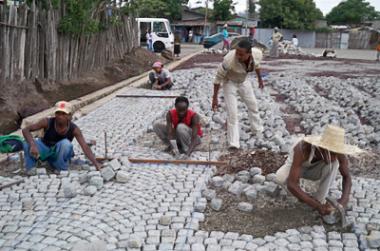
Decentralizing Urban Local Government for Effective Service Delivery in Ghana
The Government of Ghana created a specific unit to handle its new Local Government Capacity Support (LGCS) Project. However, this unit had limited capacity and operational experience. Local government officials from Ethiopia and Ghana shared experiences on design and implementation issues. A mix of technical staff from central and local government…
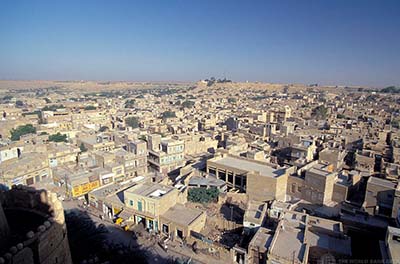
Enhancing South-South Cooperation to Reduce Urban Poverty
In 2003, India, Brazil, and South Africa signed a Trilateral Agreement (IBSA) establishing a mechanism for South-South cooperation among these countries and other developing nations to advance inclusive sustainable development and to counter marginalization. These countries shared an urban challenge of millions of poor people living in slums; in…
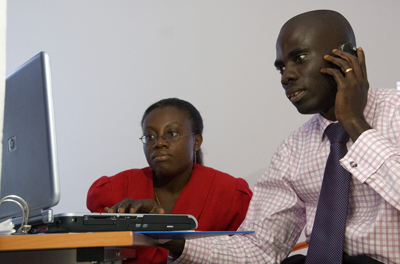
Urban Community Mapping
To improve the efficiency and accountability of the government, Tanzania wanted to increase citizen-based monitoring through Information and Communication Technology (ICT) services. Increasing transparency and good governance are crucial aspects of the World Bank Country Assistance Strategy (CAS) and the Tanzanian National Strategy for Growth and…
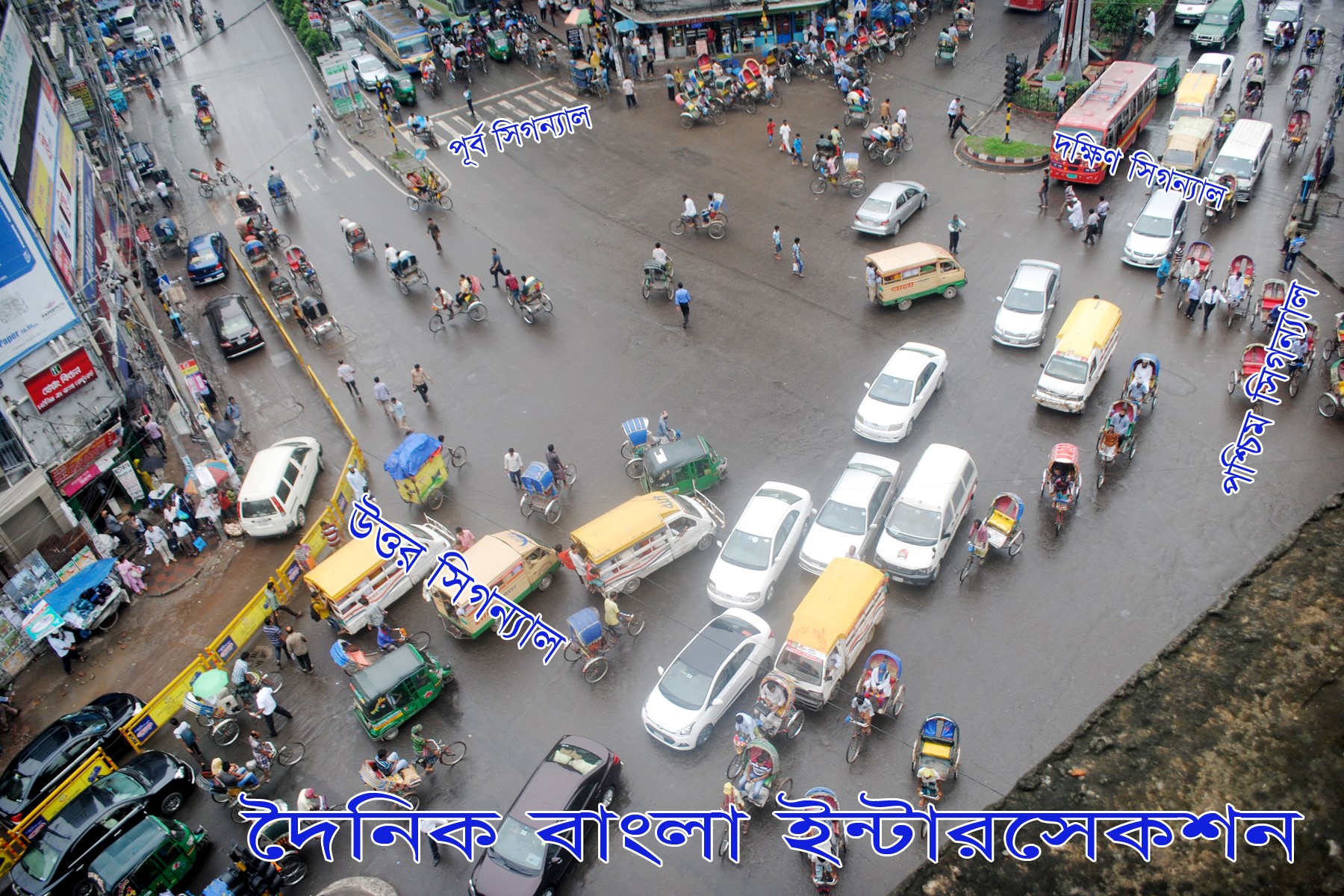
Managing Traffic Signals to Alleviate Traffic and Reduce Pollution in Dhaka, Bangladesh
Dhaka Metropolitan Police (DMP) is still using hand signals at nearly all traffic intersections. To reduce pollution and manage heavy traffic, DMP and agencies related to transport needed to learn to appreciate and finish implementation of a basic traffic signal system for key intersections throughout the city.
Through study tours to key cities…

 China
China Colombia
Colombia Denmark
Denmark India
India Indonesia
Indonesia Mexico
Mexico Russian Federation
Russian Federation Spain
Spain United Kingdom
United Kingdom